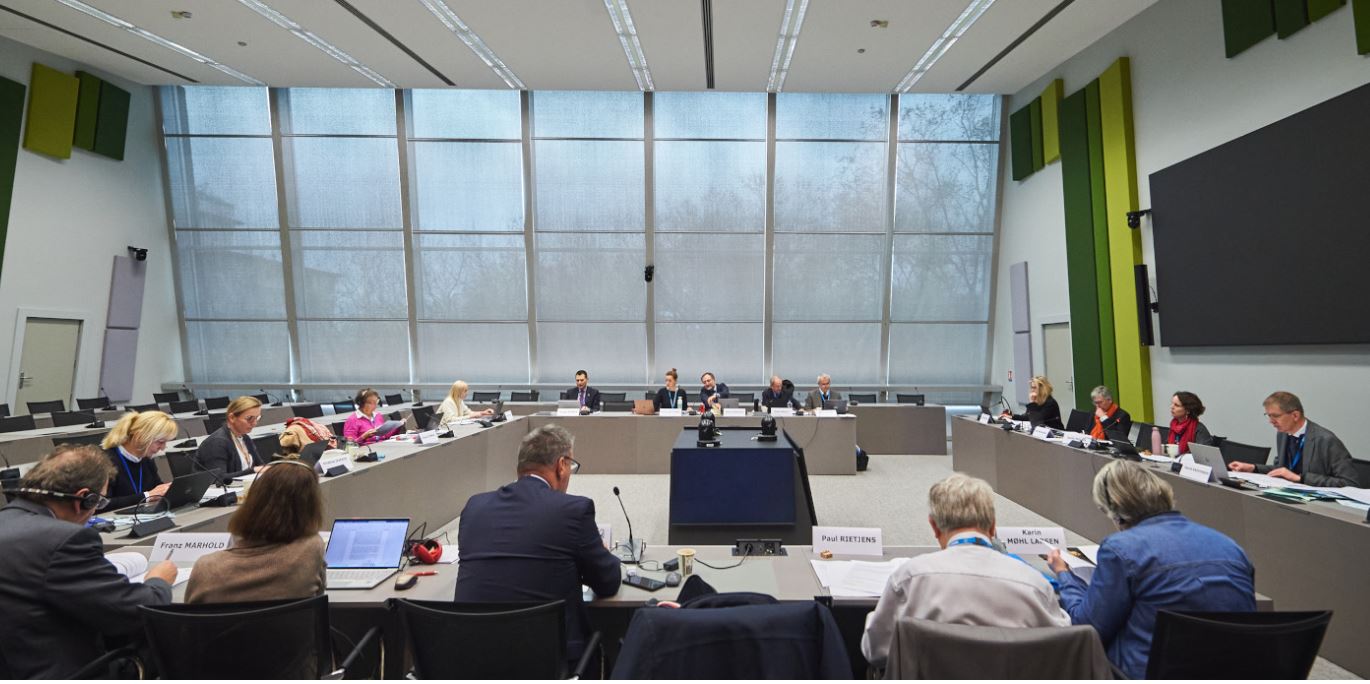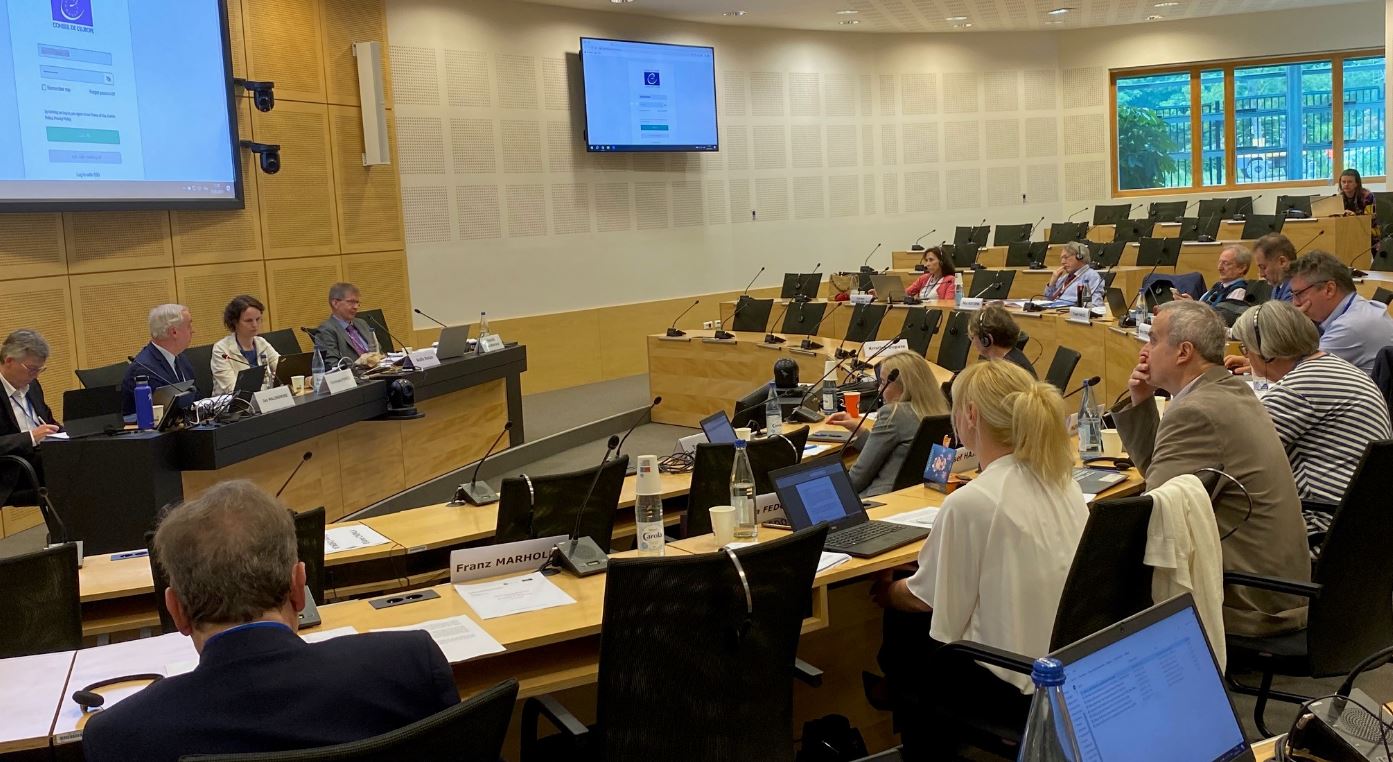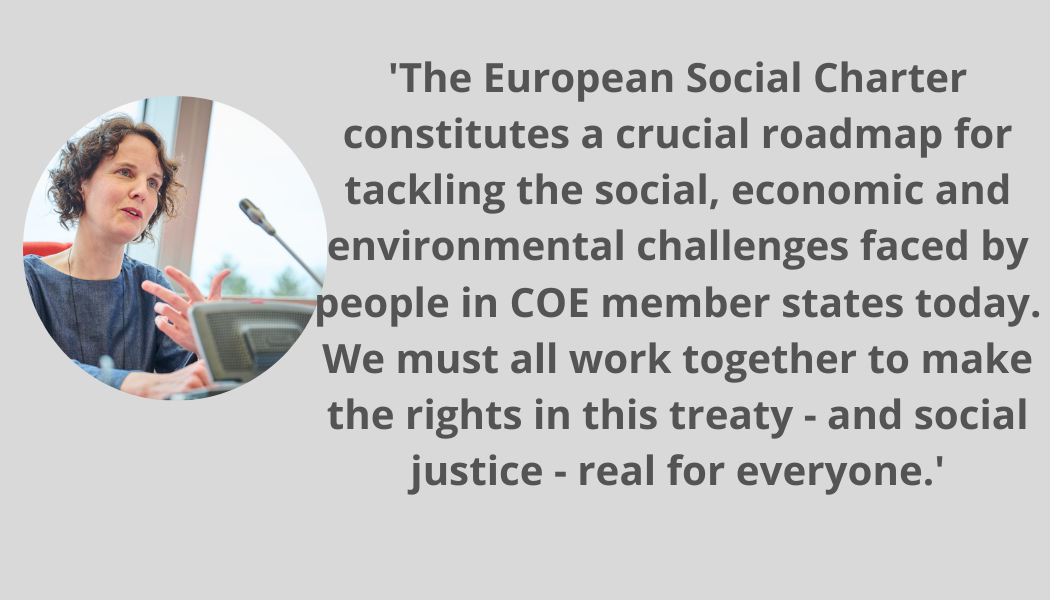The European Committee of Social Rights (ECSR) today published its Conclusions 2022 in respect of 33 States on the articles of the European Social Charter relating to Labour Rights.
In the framework of the reporting procedure, the ECSR adopted 611 conclusions: 255 conclusions of conformity with the Charter and 245 conclusions of non-conformity. In 111 cases, the ECSR was unable to assess the situation due to insufficient information ("deferrals").
In the framework of the right to just conditions of work the ECSR found that in some countries the law does not guarantee the right to reasonable weekly working hours for certain categories of workers and noted that in some jobs the working day may exceed 16 hours and even be as long as 24 hours.
In many countries, the ECSR concluded that the work performed on a public holiday is not adequately compensated and that the right of all workers to public holidays with pay is not guaranteed. Also in some countries workers who suffer from illness or injury while on holiday are not entitled to take the days lost at another time.
The information provided to the ECSR on fair remuneration revealed that in a number of countries, the statutory minimum wage or the lowest wages fixed by collective agreements were too low in comparison with the average wage and did not ensure a decent standard of living.
With respect to the obligation by States to promote joint consultation between workers and employers, the ECSR noted the insufficient promotion of collective bargaining and the restrictions on the right to collective bargaining on behalf of a certain category of workers.
The ECSR found, in some cases, that workers are not granted an effective right to participate in the decision-making process within the undertaking about working conditions, work organisation and the working environment, and legal remedies are not available to workers in the event of infringements of their right to take part in the determination and improvement of working conditions and the working environment.
In several countries, the ECSR noted the lack of appropriate and effective redress (compensation and reinstatement) in cases of sexual harassment, and the absence of adequate prevention of sexual harassment in the workplace
The ECSR concluded that, in several countries, preventive measures aimed at ensuring that redundancies do not take effect before employers’ obligation to inform and to consult has been fulfilled (such as recourse to administrative and judicial proceedings) do not exist, as well as the effective sanctions applicable in cases where employers fail to fulfil their obligations, under the Charter, of information and consultation in collective redundance procedures.
Nevertheless, the ECSR noted with satisfaction positive developments in some countries concerning restrictions on the right to strike, and legislative measures concerning the definition and prohibition of harassment and sexual harassment at work.
Also amendments to the labour codes of several countries have introduced regulations aimed at ensuring that person(s) exercising worker’s representation functions do not suffer discrimination or other negative consequences due to their role.
Albania, Andorra, Armenia, Austria, Azerbaijan, Belgium, Bosnia and Herzegovina, Bulgaria, Denmark, Estonia, Finland, France, Germany, Georgia, Greece, Hungary, Ireland, Italy, Latvia, Lithuania, Luxembourg, Malta, the Republic of Moldova, Montenegro, the Netherlands Curaçao, the Netherlands Caribbean part, North Macedonia, Poland, Portugal, Romania, Serbia, the Slovak Republic, Spain, Tϋrkiye and the United Kingdom.
Recording of the Press Conference
General introduction - European Social Charter







